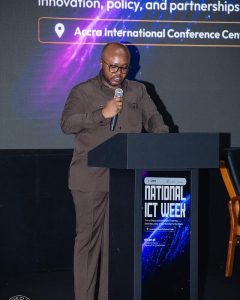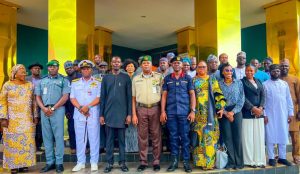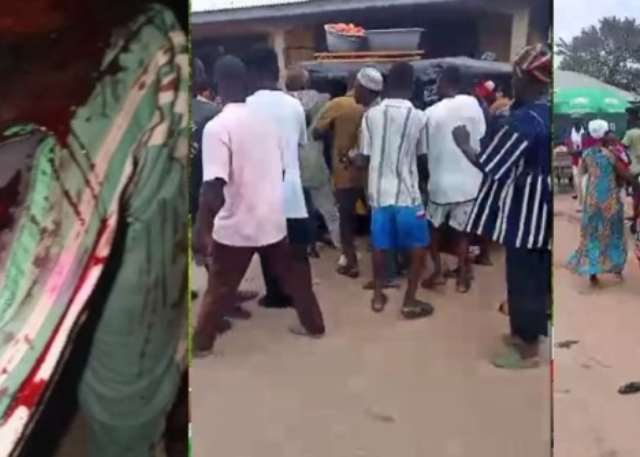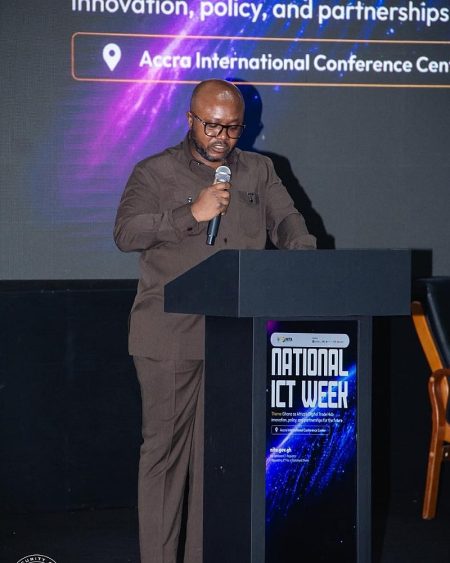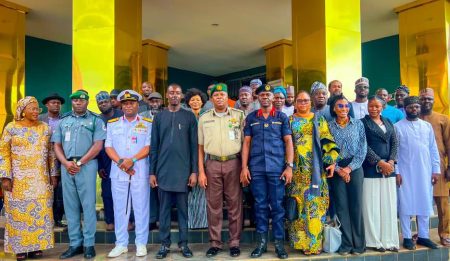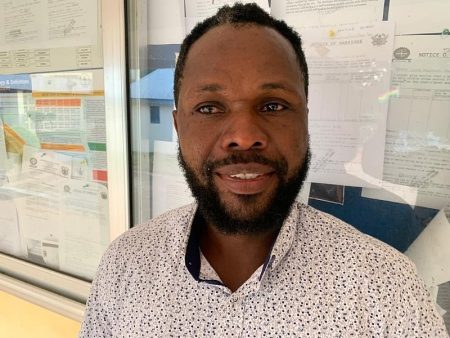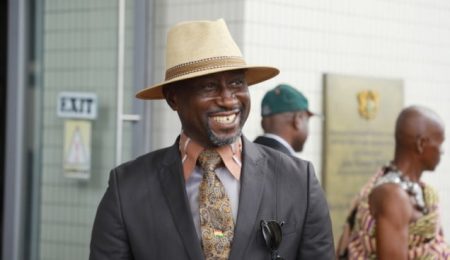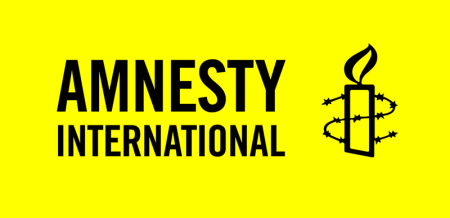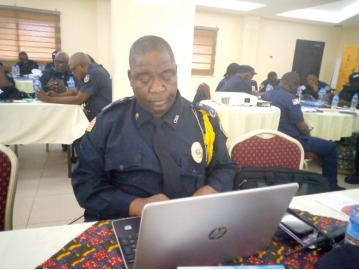The tranquil Gbinyiri community in the Savannah Region of Ghana has been shattered by a violent land dispute, escalating into deadly clashes that have claimed the lives of 18 people, according to the latest official reports from the National Disaster Management Organisation (NADMO). The conflict, rooted in a long-standing disagreement over land ownership between two factions within the community, erupted into open hostilities, resulting in a tragic loss of life and widespread displacement. The recent surge in violence on Thursday, August 28, 2025, added eight more fatalities to the grim toll, deepening the humanitarian crisis and heightening fears among residents. Beyond the confirmed deaths, numerous individuals have suffered gunshot wounds, further straining local medical facilities and adding to the overall sense of insecurity prevailing in the region.
The escalating conflict has triggered a mass exodus from Gbinyiri and surrounding settlements, with an estimated 12,000 people fleeing their homes in search of safety. The majority of these displaced individuals are women and children, the most vulnerable members of the affected communities, highlighting the devastating impact of the conflict on families and the social fabric of the region. The Sawla Police Station has become a temporary refuge for many of the displaced, with makeshift tents erected to offer immediate shelter and basic necessities. The sheer number of displaced individuals underscores the severity of the crisis and the urgent need for comprehensive humanitarian assistance.
NADMO, the primary government agency responsible for disaster management, has confirmed that relief efforts are underway to address the immediate needs of the displaced population. These efforts likely include providing food, water, medical supplies, and other essential resources to those seeking refuge at the Sawla Police Station and other temporary shelters. However, the significant scale of the displacement poses a considerable challenge to relief operations, requiring effective coordination and resource mobilization to ensure that aid reaches all those in need.
The violence in Gbinyiri not only represents a humanitarian crisis but also a significant security challenge for the Savannah Region. The ongoing clashes underscore the fragility of peace in the area and the potential for land disputes to escalate into deadly conflicts. In response to the deteriorating security situation, authorities have deployed reinforcements to the affected areas to restore order and prevent further violence. These security measures are crucial for protecting lives and property and creating a conducive environment for humanitarian assistance to reach those in need.
The deployment of security forces is also intended to facilitate ongoing investigations into the root causes of the conflict and the individuals responsible for the violence. Identifying and holding perpetrators accountable is essential for deterring future acts of violence and establishing the rule of law. Simultaneously, peace initiatives are being pursued to address the underlying land dispute and foster reconciliation between the warring factions. These efforts aim to achieve a lasting resolution to the conflict and prevent its recurrence.
The Gbinyiri conflict serves as a stark reminder of the devastating consequences of unresolved land disputes and the importance of proactive measures to prevent their escalation into violence. The humanitarian crisis unfolding in the Savannah Region necessitates a comprehensive and sustained response, encompassing immediate relief efforts, robust security measures, thorough investigations, and long-term peacebuilding initiatives. The international community, including humanitarian organizations and neighboring countries, can play a crucial role in supporting the Ghanaian government’s efforts to address this complex and multifaceted crisis. The focus must be on providing immediate assistance to the displaced population, restoring security, and fostering sustainable peace in the region. Only through a concerted and collaborative approach can the cycle of violence be broken and the affected communities begin the long process of healing and rebuilding.


